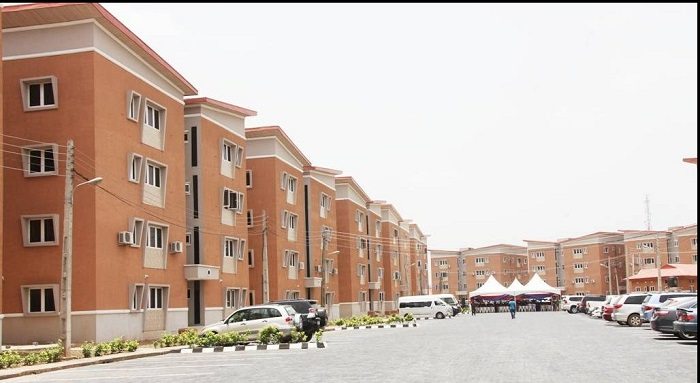Shelter Afrique, a pan-African finance company has invest US$113.2m towards the housing initiative in Nigeria.
Babatunde Fashola, the Minister of Power, Works and Housing, revealed that 2005 , revealed that 2005 and 2010, Shelter Afrique in Nigeria had financed 23 initiatives with a total sum of US$52.2m. However, for the last 3 years on intervention added another US$60.4m.
Out of the 23 initiatives, 15 of them represents the lending for the construction of housing projects, out of which the largest initiative goes for US$7m which involve the construction of 376 houses of different types, including 251 service plots, followed by 287 mixed housing units for a cooperative society and additional 55 housing units along with 100 service plots. The least initiative has been for 16 mansionate. The intervention has been purely intended for the supply of side housing to provide sufficient houses.
The remaining 8 interventions are intended to stand in for mortgage financing such as credit line for individual mortgages, building societies, and related financing depending on the demand side of housing.
According to Fashola, for the past 3 years, out of the 10 interventions, 7 of them were for housing construction that includes 300 housing units, 287 units, 90 units, 59 housing units, 44 housing units 15 floor commercial complex and 130 apartments.
Nonetheless, the remaining 3 interventions will be for equity investment in the Nigerian Mortgage Refinance Company. The intervention involves about US$3m and a credit lines for on-lending mortgage adding up to US$13m.
Nigeria has over the years embarked on a series of housing initiatives, but none of them has been consistently pursued for any measurable sustainability. Whatsoever, the unsustainable efforts must change to pave way for a sustainable and well planned initiative which will be under the government’s supervision and subsequently compelled by the private sector.
Planning is Nigeria’s key to roadmap in housing, key to project completion, key to cost control and reduction in variation requests, key to successful execution as well as key to successful financial calculations.
